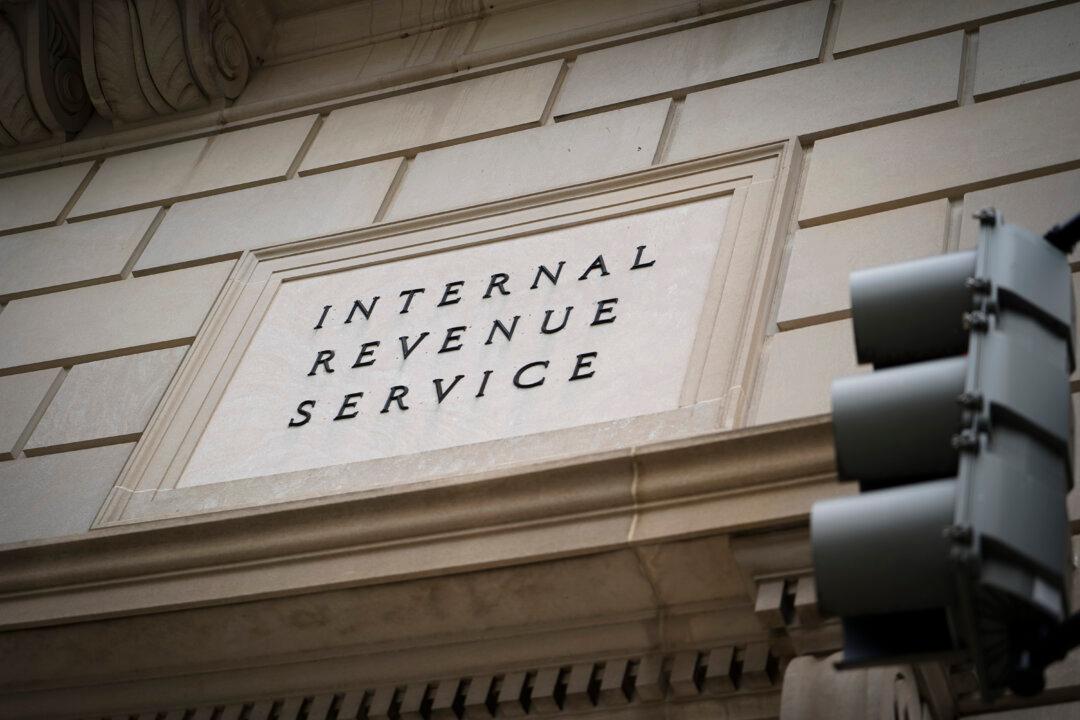Dozens of armed IRS agents recently raided a Florida business, with witnesses telling a local news outlet that they were stunned by the show of force by the tax agency.
At least 25 to 30 IRS agents in tactical gear executed a search warrant at a business in Stuart, Florida, last week, according to Fox 29.





